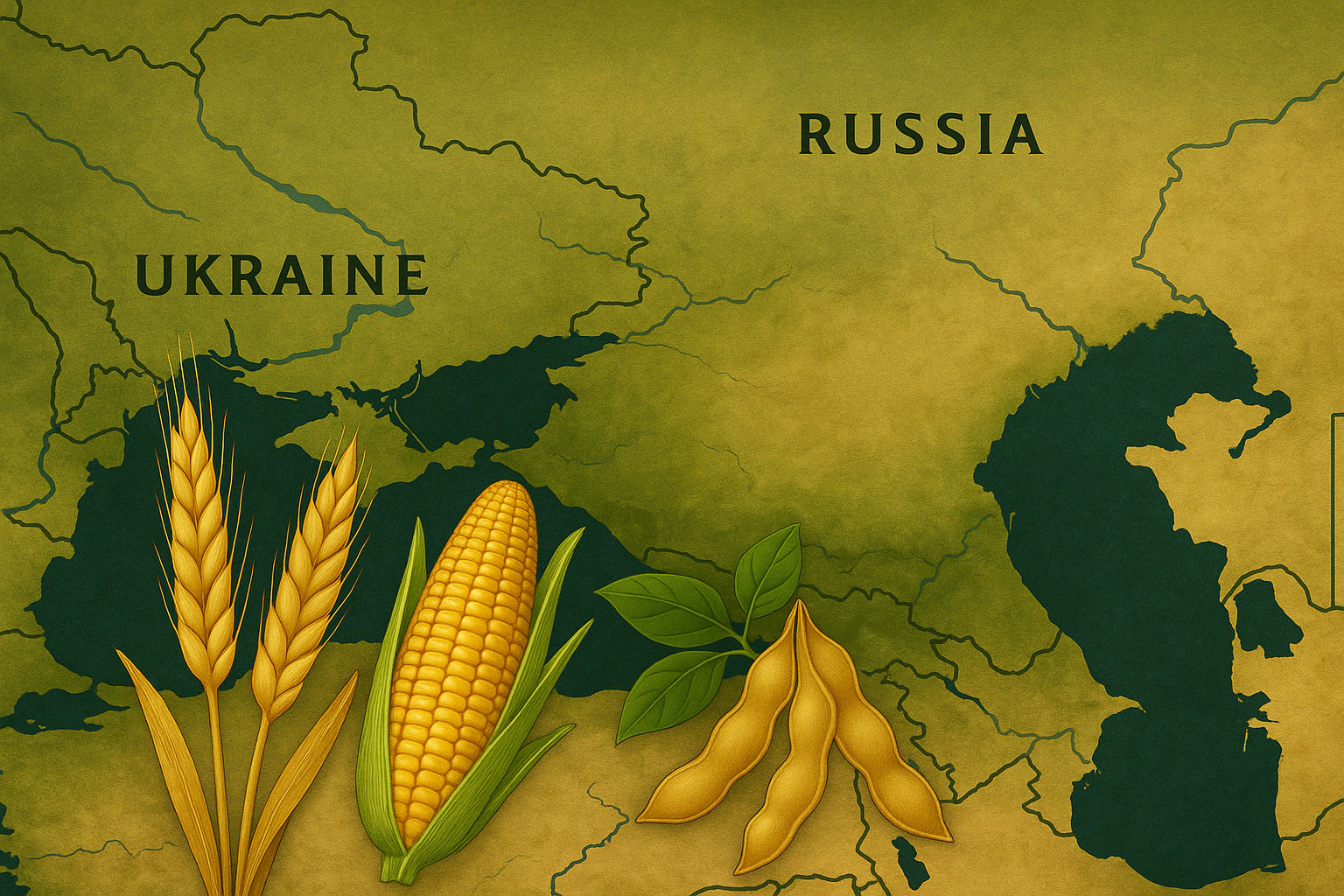The Black Sea region continued to shape global grain market dynamics this week, with a mix of procurement shifts, harvest challenges, and energy supply disruptions influencing both local and international markets. Egypt emerged as a key player in global wheat trade, Bulgaria faced major setbacks in its corn harvest, and regional bioethanol shortages reverberated across fuel markets.
Egypt, one of the world’s largest wheat importers, secured a significant volume of French wheat through its state buyer, Future of Egypt. At least 200,000 metric tons of French wheat were purchased in private deals, with traders estimating the real figure could be more than double, surpassing 400,000 tons. In addition, several 30,000-ton cargoes of wheat were booked from Ukraine and Romania, underscoring Cairo’s diversification strategy. Prices were reported at $265–275 per ton cost and freight, with some contracts reaching higher levels. Egypt’s reliance on imports is particularly critical this season, as the country failed to meet its domestic procurement target of 4–5 million tons, intensifying pressure to secure foreign supplies. Traders highlighted that while Egypt typically prefers Russian wheat, tight farmer selling and limited availability of 11% protein wheat from Russia pushed buyers toward alternative origins.
Meanwhile, Bulgaria launched its 2025 corn harvest, but early results revealed a steep decline in yields compared to the previous year. As of August 14, only 1,000 hectares out of 416,000 had been harvested, with yields averaging just 200 kilograms per decare, down 34.4% from the 305 kilograms per decare recorded at the same stage in 2024. Sunflower harvests showed modest improvements compared to the previous week but still trailed last year’s figures, with average yields at 123 kilograms per decare, 2.4% below 2024 levels. By contrast, wheat, barley, and rapeseed harvests concluded on a more positive note: wheat output totaled 7.3 million tons, 2.3% higher year-on-year; barley production reached 1.1 million tons, up 4.8%; and rapeseed production climbed 13.7% to 288,000 tons. These mixed results highlight the contrasting performance of winter and summer crops across the Bulgarian agricultural sector.
Adding to the region’s complexities, Bulgaria also faced a fuel supply challenge tied to a shortage of bioethanol, a mandatory additive for gasoline under EU rules. Some gas stations were forced to suspend sales of A-95 gasoline in August, as supplies of Ukrainian bioethanol dwindled amid EU-imposed quotas and a temporary shutdown of a Hungarian processing plant. The Bulgarian Oil and Gas Association emphasized that the shortage was logistical rather than a reflection of insufficient fuel supplies. While bioethanol scarcity temporarily strained the market, gasoline prices paradoxically declined by 1–2% over the past month, reflecting resilient supply chains and strong competition. Analysts noted that Ukraine exported nearly 100,000 tons of bioethanol in 2024, most of which went to the EU and Switzerland, but recent disruptions have left Bulgaria particularly exposed.
Taken together, the week in the Black Sea grain market revealed the region’s growing influence on global agricultural and energy trade. Egypt’s record-scale purchases, Bulgaria’s disappointing corn yields, and the regional bioethanol crunch illustrated the interplay between supply challenges, policy decisions, and shifting trade flows. With drought still affecting parts of southern Russia and Ukraine, and with ongoing logistical bottlenecks, the Black Sea will remain a key determinant of both regional stability and global price trends in the weeks ahead.

